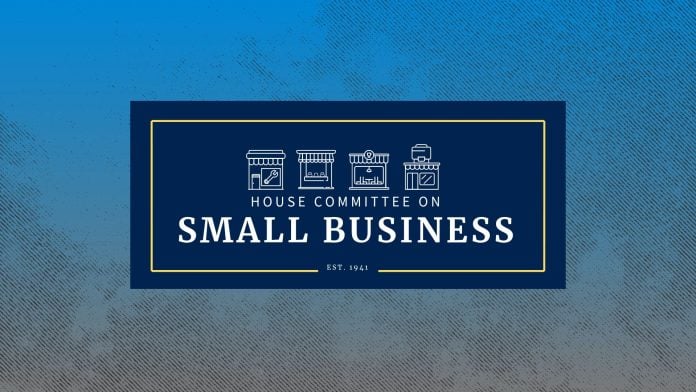In a critical moment for small businesses, the House Committee on Small Business has voiced significant concern over the impending expiration of the Small Business Innovation Research (SBIR) and Small Business Technology Transfer (STTR) programs. With these initiatives set to lapse at midnight, key congressional figures, including Chairman Roger Williams (R-TX) and Ranking Member Nydia M. Velázquez (D-NY), issued a unified statement highlighting the potential repercussions for innovation and competitiveness in the United States.
"For more than forty years," they stated, "these initiatives have kept small businesses at the forefront of innovation, strengthened our national defense, and delivered immense returns for taxpayers." This long-standing commitment to supporting small businesses via these programs has fundamentally shaped the technology and research landscape in the U.S., offering critical funding and resources for startups and small enterprises.
Small businesses have long been acknowledged as the backbone of the U.S. economy, employing nearly half of the nation’s workforce and driving job creation. The SBIR and STTR programs specifically provide funding opportunities for entities that demonstrate the potential for commercializing innovative technologies. Their interruption poses a multifaceted challenge: not only does it threaten the continuity of projects currently in the pipeline, but it also risks stifling future innovations that could enhance the national interest and global competitiveness.
The urgency to address this lapse is stark. The House has already acted, passing a one-year extension that aims to offer a temporary reprieve while Congress works on a more robust, long-term reauthorization. This step reflects a bipartisan commitment to ensuring that small businesses—particularly those focused on research and development—can continue to thrive.
However, the Senate’s failure to follow suit has created an environment of uncertainty. "A lapse creates uncertainty for innovators and risks slowing progress,” noted the committee chairmen. Small business owners, who often operate on tight budgets and timelines, may find their planning disrupted as funding strategies become opaque in light of this impasse.
For small business owners navigating these choppy waters, the key takeaway is clear: acting swiftly can make a difference. Engaging with local representatives to express support for these initiatives could help expedite the Senate’s response. It’s vital for entrepreneurs to stay informed on legislative developments that directly affect their funding and operational capabilities.
Innovation is more than just a buzzword in the small business realm; it’s a lifeline. Companies that leverage SBIR and STTR funding can tackle a range of goals, from advancing technological breakthroughs to meeting emerging marketplace demands. Access to capital resources allows small businesses to explore new ideas, test concepts, and ultimately bring products to market more efficiently.
However, challenges always accompany potential opportunities. If the expiration proceeds unabated, small businesses could face significant hurdles. Funding delays could hamper ongoing projects, and the absence of new funding might make it difficult to attract talent and resources necessary for innovative work.
The desire for a swift resolution also emphasizes broader implications. As the global competitive landscape intensifies, the U.S. must solidify its position as a leader in innovation. By investing in small businesses, the country not only fosters economic growth but also strengthens its technological defenses.
Both Chairman Williams and Ranking Member Velázquez have highlighted the need for immediate action, urging the Senate to prioritize the extension to ensure small businesses remain at the cutting edge of innovation. “This ensures America’s small businesses can continue advancing breakthroughs and keeping the United States ahead of its competitors,” they maintained.
In summary, while the future of the SBIR and STTR programs hangs in the balance, small business owners must prepare for immediate adjustments. Engaging in advocacy, seeking information on legislative updates, and staying adaptive in project planning can serve as crucial strategies in this uncertain landscape. Achieving a successful resolution is imperative not just for individual firms but for maintaining the innovative edge that defines the U.S. economy.
For further details, you can view the original announcement here.
Image Via BizSugar



